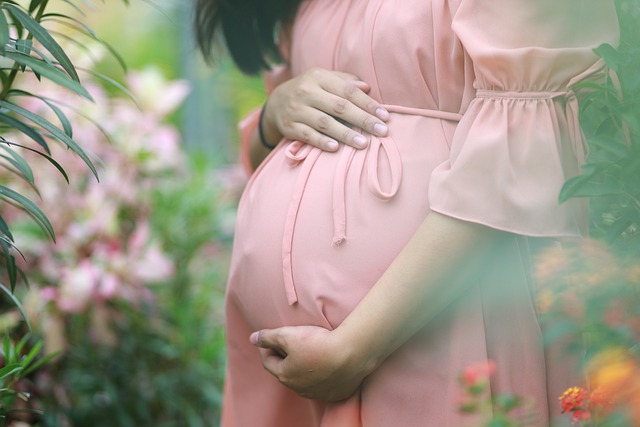IVF treatments can be stressful and physically demanding. Therefore, it is important for the couples to be really sure if they want to undergo the treatment. To help them understand what is involved and the choices available, they should consult a fertility specialist at the earliest.
Factors Affecting the Success of Treatment:
This is a commonly asked question when seeking fertility treatment. Couples need to be aware of the factors that affect the success of infertility treatment, understanding these factors and considering them in the treatment methodology will help in maximizing your chances of pregnancy.
- Age of the woman: Chances of achieving pregnancy are dependent on the physiological age of the female partner, chances of achieving pregnancy decrease as the female partner ages. A woman’s age strongly influences the success of IVF treatment, especially when she is planning to use her own eggs.
Fertility declines rapidly after the age of 35 for a woman. Around the age of 37 to 38, the egg quality starts to diminish. It is imperative that if you want to have a baby with your own eggs around this age, you shouldn’t wait – seek medical help immediately. - Quality and number of eggs retrieved / embryos transferred: The chances of success are also dependent on the quality of the eggs the female partner produces. The number and quality of eggs have a direct implication on the number and quality of the embryos produced. It is important to note that not every embryo produced in the lab and transferred to the uterus will result in a baby. It is a common practice to transfer a greater number of embryos to the uterus, which sometimes results in multiple pregnancies.

Duration of infertility: The length of time, a couple has been unsuccessfully trying to conceive a baby is referred to as the duration of infertility. Studies have shown that the chances of success in pregnancy are inversely related to the duration of infertility
Previous pregnancies: Women who have been pregnant before, or who have had a previous IVF birth, have a higher chance of conceiving with IVF treatment.
Previous IVF attempts: It has been shown that the live birth rate decreases with the number of failed attempts, especially from those whose repeated treatment did not show improvement in egg, sperm, and embryo quality.
We offer couples post-treatment counseling to discuss the outcome of each cycle before embarking on repeated treatments.



